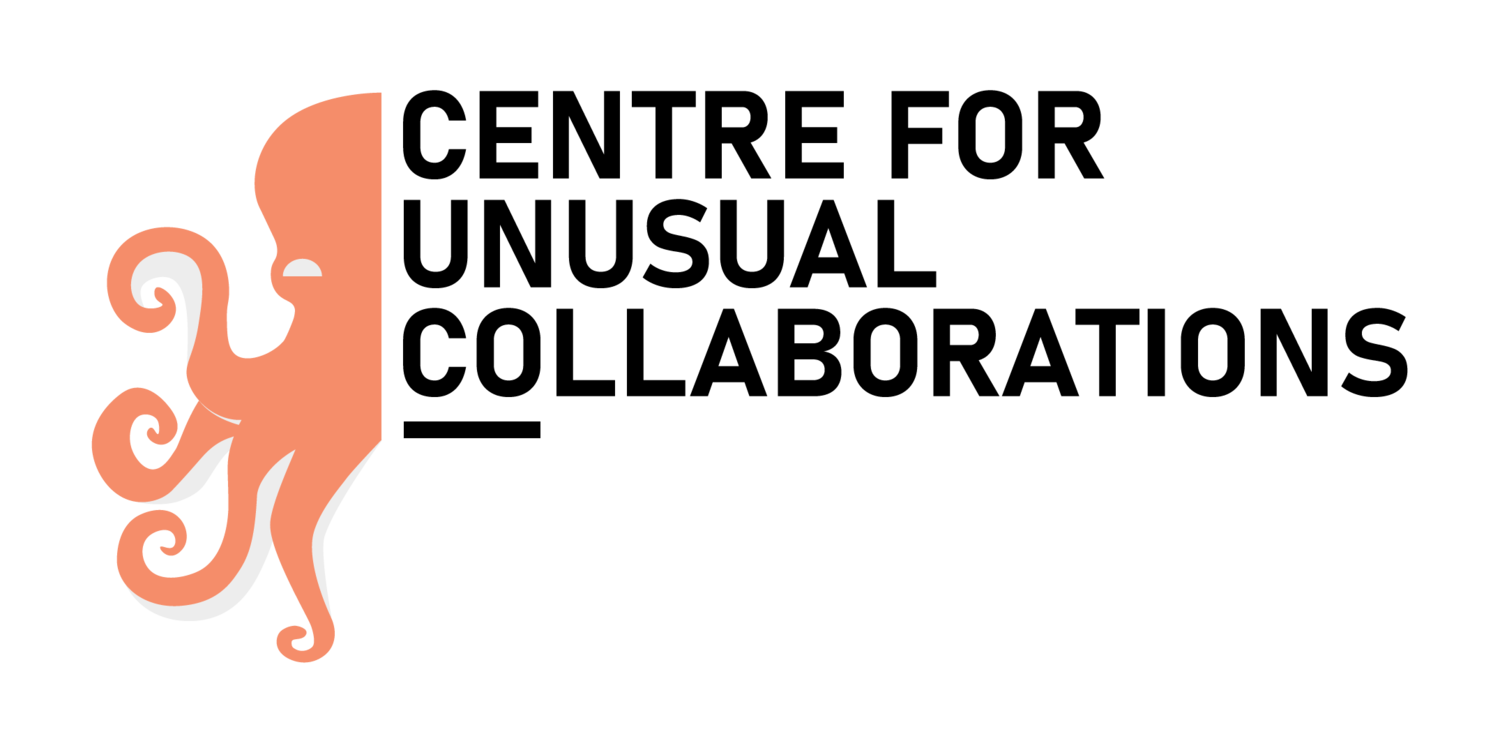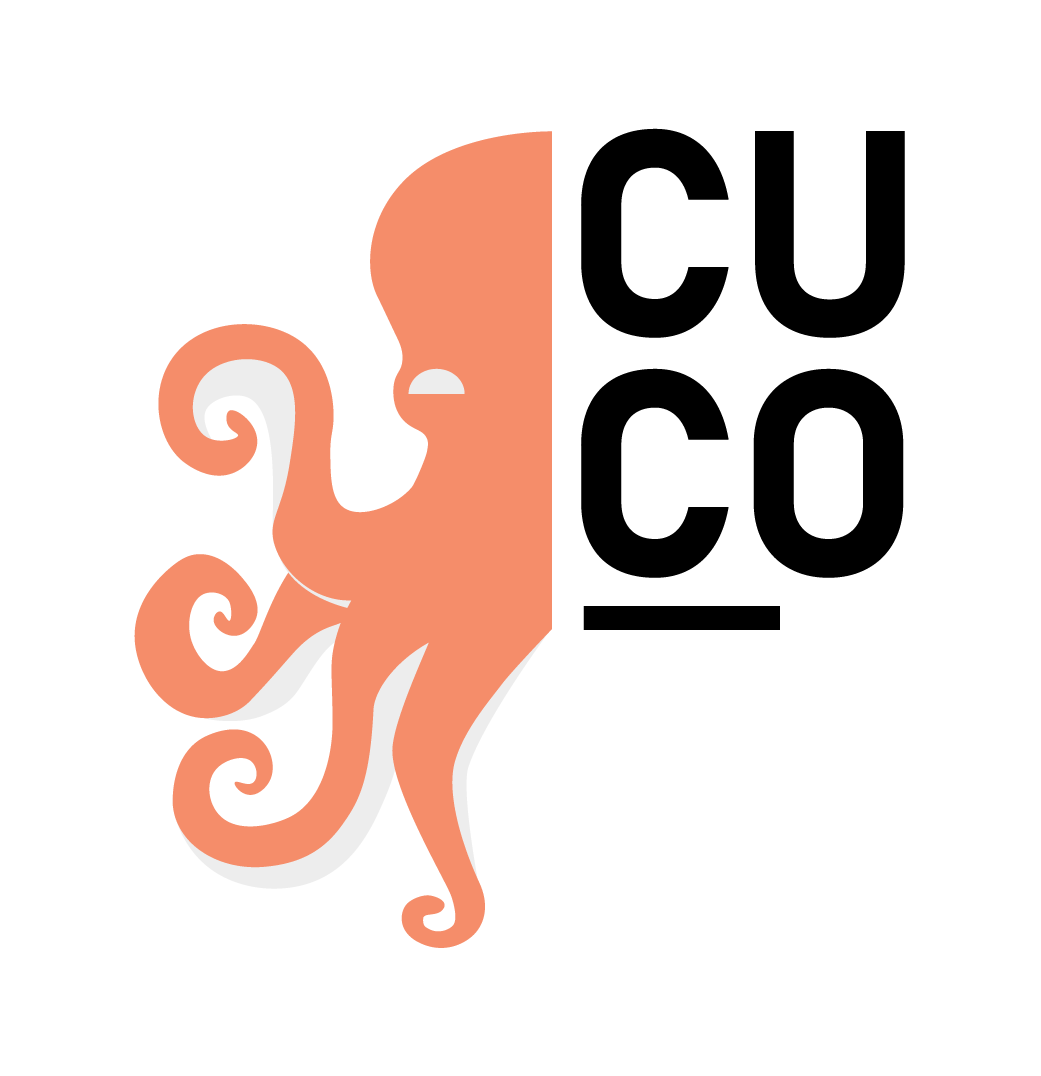Meeting the new board: An interview with Max Birk
Through these interviews we would like to introduce our new CUCo board members to you. Therefore, this is the first interview in a series of 4. Max Birk has the honor of going first. Interviews with the other board members will be released at a rate of 1 per week.
First things first, Max tell us a little bit about yourself – how did you end up at the Technical University Eindhoven?
The short version is that I have a background in psychology and computer science. I was looking for an environment that values the integration of both disciplines and design, game design in particular. The Industrial design department at TU/e is well connected to the HCI (human-computer-interaction) world and has a lot of openness regarding interdisciplinary research—a really exciting context for me.
So, do you consider yourself an interdisciplinarian?
(long pause) I would say yes. Quite a bit, but interdisciplinarity for me lives in the combination of two disciplines. For me, that’s psychology extended by computer science. My primary thinking is through the lens of psychology, that is where my ‘elaborated code’—my language—has been developed. And then, over time, I integrated different language(s) from other fields such as computer science, HCI, and design.
What drew you to the Centre for Unusual Collaborations (CUCo)?
I became aware of the collaboration between the four institutes and saw CUCo’s website. I was quite fascinated by the language used around interdisciplinarity and progress in science, and the general openness CUCo’s communication radiates. We do not often have such openness in collaborative grant schemes. I felt CUCo would be a really cool space to be a part of. To be able to help shape how collaboration in unusual ways might look like, and how to facilitate it.
What do you hope to bring to CUCo?
My experience is that in interdisciplinary collaborations it is very important to find clarity on where you want to go. You must keep track of reality in how you want to deliver and maintain a clear perspective on the outcomes you like to pursue in the collaborations that you are building. I feel that I am quite good at bringing tough questions to the table, like: Are we doing well? Is this the right direction? My intention is not to pull the thread, but to provide moments where people can reflect on the process of the project, or address issues that need to be resolved.
Martine Veldhuizen (Who is already on the CUCo board) recently called such a role a ‘critical friend’. Is that what you mean?
I like to be a critical friend within collaborations. Taking on such a role requires on the one side being available and demonstrating that you want to be a part of uplifting what you are into. But it also requires putting the finger on the wounds and discussing how to resolve them. And sometimes you are just completely walking in the wrong direction, and that requires reflection, and actions. But that is fine as well.
What do you hope CUCo brings to you? What do you hope to learn/gain?
I hope to learn from other people, how they are approaching collaborations. I do not think I am the only ‘critical friend’ at CUCo, I think we are going to be a Board of ‘critical friends’. Working with people that have these experiences, having gone through some of those problems will certainly challenge me and help me to grow. But I am very willing to share and push myself into challenging terrain.
Those different people also come from different institutions of course. Do you feel that this will have an impact, those different contexts?
I think massively yes! (…). Contexts shape people. For example, people here [at TU/e] think very much in the language of generating impact, in the world we live in tomorrow. Whereas my own experience is that curiosity driven research is quite important to keep the mind open to develop new ideas and to bring them to new contexts.
Where would you like to take CUCo?
If we are looking for unusual initiatives, it is important that people want to work together. It is not just about understanding the technique of collaboration and improving how we collaborate. But to reflect on what is needed within research to facilitate people trusting each other and genuinely enjoying their work together. This is something that I would like to focus on. Supporting people to really feel interested and engaged in their collaborations. The reality for us young academics, in this particular system is that we have enough to do. Everything that we add needs to be something that is genuinely enjoyable, and I think unusual collaborations are a great way of doing research that brings joy.
What is the added value of doing unusual interdisciplinary research for you?
To create ‘freak leaps’, jumps that are unexpected, we need a context that allows these leaps to happen. That is where unusual collaborations come in. People around you might have solutions to problems that are completely out of your expectation. Or they ask questions that you could not have thought of in your space, but that you have the perfect answer to.
Do you consider yourself to be unusual?
I guess? My work is on the intersection of computer science, psychology, and game design, not many others went into this direction. My experience is that I do not find myself to be particularly unusual, but for others that is a quite unusual way of combining academic disciplines.
What does being unusual mean for you?
For me this means a lot of language confusion. It gets more complicated in the terminologies you use; I have three of those available—HCI, experimental psychology, and game-design. But you also need to simplify. Or you need to use a lot of examples to communicate the problems you are addressing. It takes removing some of those ten-dollar words from your language when communicating with people from other disciplines so they can connect with where you are coming from. And sometimes this means asking a lot of clarification questions.
Final question, what’s your favorite animal?
It has to be a monkey!
Which monkey?
I do like chimpanzees quite a bit…
Max Birk
Assistant Professor - Eindhoven University of Technology
Max Birk works on the intersection of computer science, psychology, and game design at the Department of Industrial Design at Eindhoven University of Technology. In his research, he develops games to experimentally investigate motivation, individual differences, and player experience. He applies his work to challenges in game design, and the development of interventions and assessment paradigms for physical and mental health. His work on avatar customization as a motivational design strategy for improving engagement with technology-enabled services for health received the Canadian Governor General's Gold Medal for outstanding scholastic achievements. His current research on game-based digital biomarkers for stress is funded by a NWO Veni grant, and allows Max to combine his passion for stress research, game development, and assessment strategies. Max is an avid gamer, he enjoys travel, hip hop, and street art.


